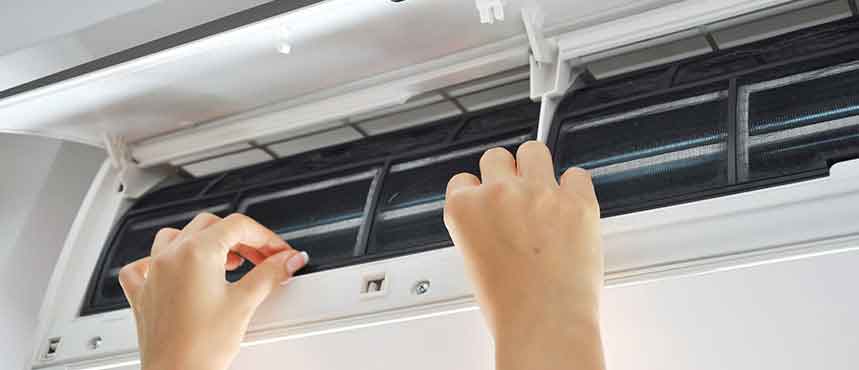Poor indoor air quality can lead to respiratory illnesses like asthma, heart disease, eye, throat, and nose irritation, dizziness, fatigue, and headaches. However, improving indoor air quality eliminates air pollutants, including radon, cigarette smoke, and dust. It boosts good health and eliminates odors, creating a better-smelling environment. Clean air is usually free of airborne allergens and respiratory irritation, helping you sleep better. TerraBloom for inline fans that improve Airflow as well as Improve air quality
Improving ventilation and airflow and maintaining carbon dioxide and humidity levels optimizes your AC system, ensuring that it doesn’t overwork to keep your space healthy. It also provides balanced humidity for comfortable living and improved health. This article outlines five ways to improve indoor air quality.
Ensure regular air conditioner service
Your air conditioning, ventilation, and heating systems use air filters to eliminate various particles that will find their way into your indoor air if ignored. A sound cooling system regulates your home’s regular humidity, improving indoor air quality. With poor humidity, mildew, mold, fungus, viruses, and other bacteria might invade your home, contaminating the air and causing respiratory diseases.
Maintaining a regular air conditioner service keeps your AC in optimum condition, improving indoor air quality. The service professionals can also inform you when it’s time for repairs or an upgrade.
Keep your home clean
A clean home maintains excellent indoor hygiene, reducing animal dander, dust, and other air contaminants. When cleaning your space, concentrate on techniques that lessen mold, pet dander, and dust accumulation in your home. Consider vacuuming your area rugs and carpets once or twice weekly.
Regularly clean your drapes, beddings, and other allergen-attracting items. Frequently declutter your home to avoid trapping and holding dust to avoid triggering a reaction. A deep cleaning service can help keep each corner of your house sparkling clean, improving indoor air quality.
Change your furnace filters regularly
Furnace filters prevent airborne contaminants from blocking your heating and cooling system. Failure to change your air filters leaves your system clogged and creates a breeding zone for fungal bacteria and mold, resulting in poor indoor air quality. Changing your heating system’s filters regularly improves functionality, increasing your furnace’s efficiency and improving indoor air quality. The frequency of changing your air filters depends on your HVAC configuration and usage.
Improve ventilation
Proper ventilation improves indoor air quality by replenishing oxygen, controlling temperatures, and eliminating pollutants. It involves air exchange from indoors to the outdoors and air circulation within your home. An effective ventilation system removes excess moisture and unpleasant odors, introduces outdoor air, prevents pollution and stagnation, and keeps air circulating indoors, resulting in quality indoor air. It also limits airborne pollutants and carbon dioxide concentration, including dust, volatile organic compounds, and smoke. You can open doors and windows and operate attic fans to increase ventilation.
Leverage air purifiers
Air purifiers reduce allergens, reduce health issues like asthma and other respiratory diseases, reduce odors, kill bacteria and germs, and protect against outdoor air pollution dangers, improving indoor air quality. Air purifiers with HEPA can remove even the tiniest airborne particles from indoor air. This can be quite beneficial for people with respiratory health concerns and allergies.
Endnote
Good quality indoor air can be very beneficial for your overall health. Consider using these tips to improve your indoor air quality for improved health and well-being.
Follow Home Inside for more!
